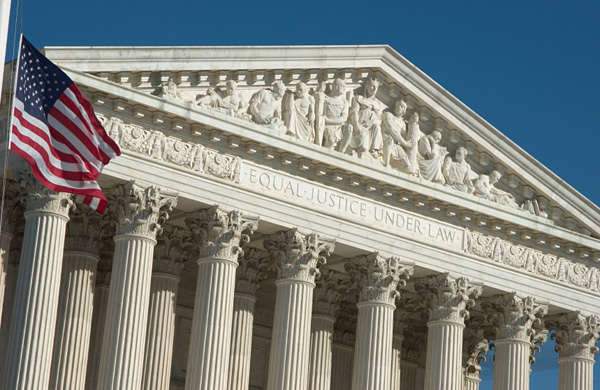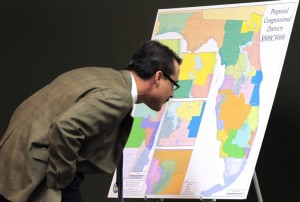 The Florida Supreme Court, in a per curiam decision, dismissed a petition seeking quo warranto relief brought by the Florida League of Women Voters challenging Governor Rick Scott’s ability to appoint three new Supreme Court Justices, to replace three who will have reached the age of mandatory retirement, before he leaves office in 2019. Read the opinion here.
The Florida Supreme Court, in a per curiam decision, dismissed a petition seeking quo warranto relief brought by the Florida League of Women Voters challenging Governor Rick Scott’s ability to appoint three new Supreme Court Justices, to replace three who will have reached the age of mandatory retirement, before he leaves office in 2019. Read the opinion here.
The ruling, issued today, determined that the case was not ripe for consideration because “[a]though Governor Scott announced his intent to appoint the replacements for three justices of this Court, clearly no appointments have been made.” “Until some action is taken by the Governor, the matter the League seeks to have resolved is not ripe, and this Court lacks jurisdiction to determine whether quo warranto relief is warranted.”
Based on this ruling, the Court will not consider the matter on the merits unless and until Governor Scott follows through on his plans to appoint the replacement justices before leaving office. In such an event, the petition is likely to be refilled, which could likely mean that 3 of 7 justices will be recused from hearing the petition–potentially creating a deadlock.
The dismissal also renders moot a pending effort to recuse one of the justices from the case. The Governor had been pushing the court to recuse Justice Barbara Pariente, one of the outgoing retirees, from ruling on the case because of remarks overheard on a hot microphone following oral argument. Justice Pariente agreed with the dismissal, but she concurred with Justice Quince, who expressed her belief that the gubernatorial appointment need have occurred before the issue is ripe for consideration. Justice Lewis disagreed with the ruling entirely in a vociferous dissent.
 Breaking News: In an 8-1 decision, the Supreme Court of the United States finds that Florida’s death penalty violates the U.S. Constitution in that it takes power that should belong to juries and vests it in trial judges. Read the details
Breaking News: In an 8-1 decision, the Supreme Court of the United States finds that Florida’s death penalty violates the U.S. Constitution in that it takes power that should belong to juries and vests it in trial judges. Read the details 


